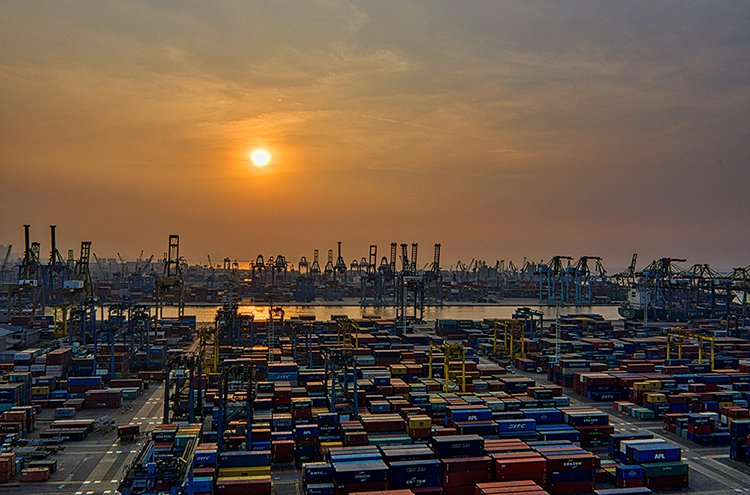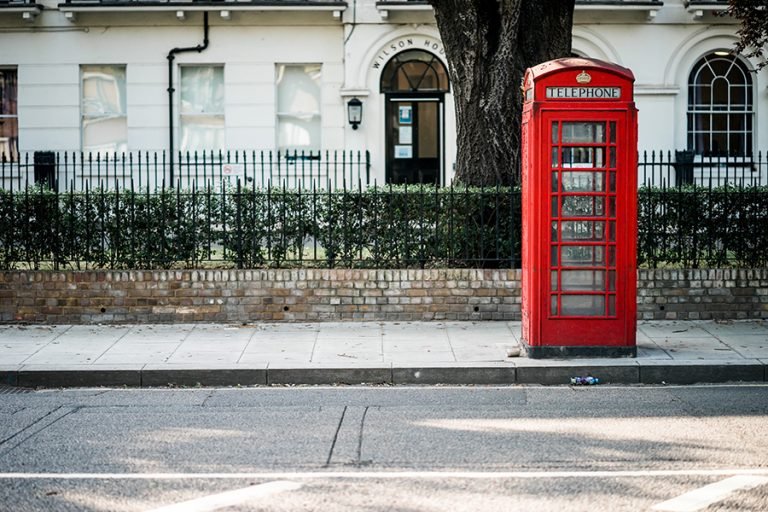
In a bold move to attract more foreign investors to Indonesia and improve Indonesia’s ranking in the World Bank’s Ease of Doing Business (EODB) index, President Jokowi announced last week that all licensing procedure formalities will now be centralized through the Indonesia’s Investment Coordinating Board (BKPM).
Indonesia currently ranks at #73 out of 190 economies listed in the index. This is still a way behind key regional competitors like Malaysia (#12) and Thailand (#21), but it’s the start of a journey to reach a rank between #40 and #50 by 2021.
What investors have been asking for
Even if this goal was successfully achieved, this would likely mean Indonesia will still lag behind Malaysia and Thailand it is being seen as a positive move in the right direction, especially as it pertains to attracting more foreign investment.
According to Bloomberg, Jokowi “will introduce sweeping changes to labour rules by the end of the year and open up more sectors of the economy to foreign investment, delivering on some of the major reforms investors have been demanding.”
Improving OSS
Cabinet Secretary Pramono Anung is being quoted by local news wires as suggesting at least 40-ministerial regulations deemed to be hampering investment will be removed as early as this December.
Head of BKPM, Bahlil Lahadalia, believes the government’s current Online Single Submission (OSS) system is not as effective as it could be because of what The Jakarta Post is calling ‘overlapping authority across ministries and institutions.’
The OSS was introduced to cut red tape and speed up business licensing processes, but it has proved to be largely ineffective because of the country’s infamous bureaucratic procedures.
Impact on Real Estate
Bahlil believes things will change for the better now that Jokowi has announced all licensing processes are to be centralized at BKPM.
Terje Nilsen from Seven Stones Indonesia also believes this is a positive step in the right direction, especially as it will affect the country’s real estate industry. “Terminating regulations will certainly help to speed up and attract both domestic and international investors. The need for IMB’s and an AMDAL*, for example, will be a lot easier and could possibly even disappear,” he said.
Nilsen suggested “it will also ease up and help those investors with an appetite for tourism investments in the 10 new Bali’s, and in particular for foreigners wanting to get in early in these areas.”
Note: *IMB is an acronym for Izin Mendirikan Bangunan, or Building Permit. And AMDAL is an acronym for Analisis Mengenai Dampak Lingkungan or Environmental Impact Analysis, both of which are necessary if you’re building in Indonesia.
Sources: The Jakarta Post, Bloomberg, Reuters, Gapura Bali
Adapted from an original post in Gapura Bali

















